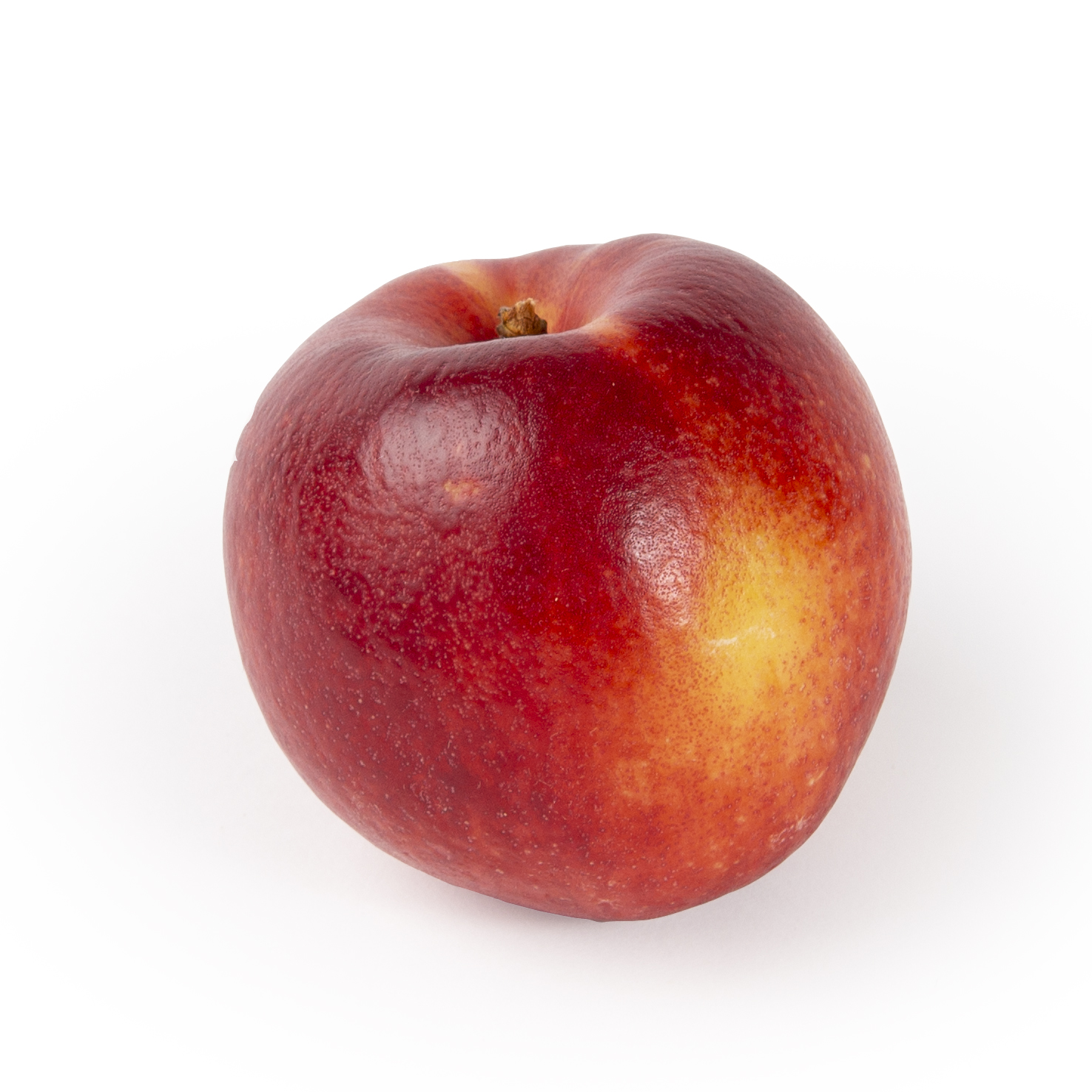
— FRUIT – STONEFRUIT
Nectarine
Nectarines belong to the same family as peaches, Rosaceae, and share many of the same characteristics, but with a notable absence of the fuzzy outer covering of their relatives. The appearance of nectarines is distinctive: an oval shape with a smooth, glossy skin that varies in color from yellow to orange and red. The flesh of nectarines is juicy and sweet, with a delightful aroma reminiscent of warm summer days.
Origin
Nectarine trees thrive well in temperate climates and require plenty of sunlight to grow and bear fruit. They prefer well-draining, fertile soils with sufficient moisture, but they need to be protected from excessive waterlogging, which can lead to root rot. They are usually planted in late autumn or early spring so they can root before the growing season begins. They need regular watering, especially during dry periods, and can benefit from fertilization to promote healthy growth and fruit formation.
SOUTH AFRICA


How to store
Do not store nectarines in the refrigerator, but in a cool place or on the fruit bowl. This way, the taste and aroma will remain at their best.
How to eat
Nectarines can be eaten raw as a nutritious snack. But they can also be used in delicious desserts such as pies, crumbles, and sorbets, as well as savory dishes like nectarine chutneys and salads. Nectarines add a delightful sweetness and texture to various dishes. Additionally, they can be grilled, baked, preserved, or dried to maintain and enhance their flavor and nutritional value.
